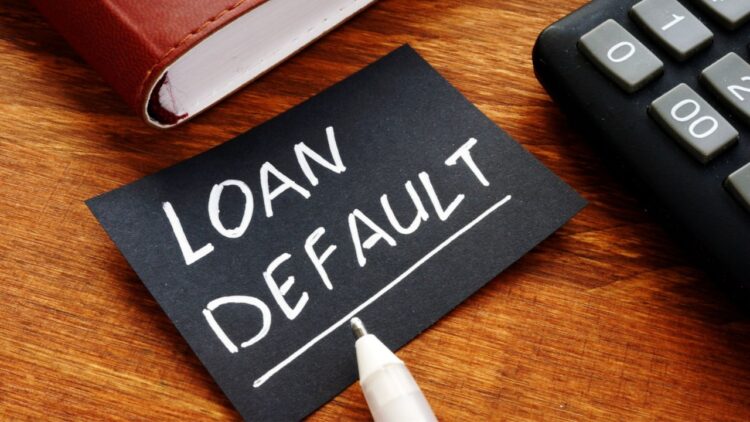On the 4th of December 2022, Cassiel Ato Forson, the former deputy finance minister for Ghana, announced that Ghana would break its terms of borrowing for domestic debts.
Ghana has unfortunately announced a domestic DEBT DEFAULT. Expect rating agencies to downgrade Ghana to D tomorrow!
Sad day for Ghanaians, the investor community and Banks!
— Cassiel Ato Forson(PhD) (@Cassielforson) December 4, 2022
Ghana’s Finance Minister, Ken Ofori-Atta, said that the move would help restore macroeconomic stability and end the country’s worst economic crisis in recent times.
Under the domestic debt exchange, the Ghanaian government will exchange old bonds for new ones maturing in 2027, 2029, 2032, and 2037. Their annual coupon will be set at 0% in 2023, 5% in 2024, and 10% from 2025 until maturity.
The government is in talks with the International Monetary Fund for a support program to relieve debt distress. This stretching of the repayment periods, accompanied by the proposed low-interest rates, represents a significant loss in actual returns for bondholders.
The debt exchange program is a severe reaction. It features both a maturity extension and a haircut in interest payments. The maturity value will erode so much that the actual value of the bonds would be worthless to investors.
This debt exchange program is disturbing to creditors as well. Firstly, the mark-to-market valuation of bonds led to an industry-wide drop in customers’ investment balances. The past year has been among the most challenging for the Ghanaian industry in short-term history. Featuring runaway inflation, a deterioration in public finances, and a sharp currency depreciation that has chipped away faith in lending to the government. And panic levels are higher than they’ve been in generations.
The plan essentially dries up the secondary market for bonds and all. It also removes the ability of fund managers to sell bonds to meet obligations. This leaves them either selling treasury bills or needing to find a means to pay investors.
The development brings many questions to the forefront. Is the Ghanaian government going to issue any new bonds at all? Or will it stay out of the domestic capital market for 15 years until 2037? And if it does issue new bonds, how will it convince investors that it would be different this time? Added to all that, is the Ghanaian government going to be able to push through an equally severe debt exchange program on external debt holders? And how would it enforce it?
With all this unfolding, and regardless of the volatility of the crypto market, hodling a BTC investment void of blatant government control is a way better option.










